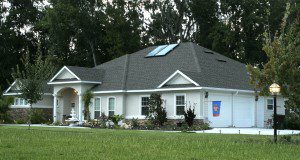Extension organizations are at the forefront of water resource issues, using educational programs to drive participant behaviors towards water conservation. The effectiveness of these efforts centers on designing programs with considerations of the factors that will change relevant decisions and behaviors among residential landscape water users. We conducted a statewide study to explore the concept of wellness and well-being, and these characteristics’ relationship to water conservation behaviors. Our results show that psychosocial measures influence current and future residential landscape water conservation behaviors differently. Perception of well-being is the more consistent predictor for both current behaviors and future intentions. These results demonstrate an opportunity for those focused on environmental behaviors to pair and embed programs focused on personal well-being to empower communities to work toward achieving conservation goals.
https://edis.ifas.ufl.edu/wc370
